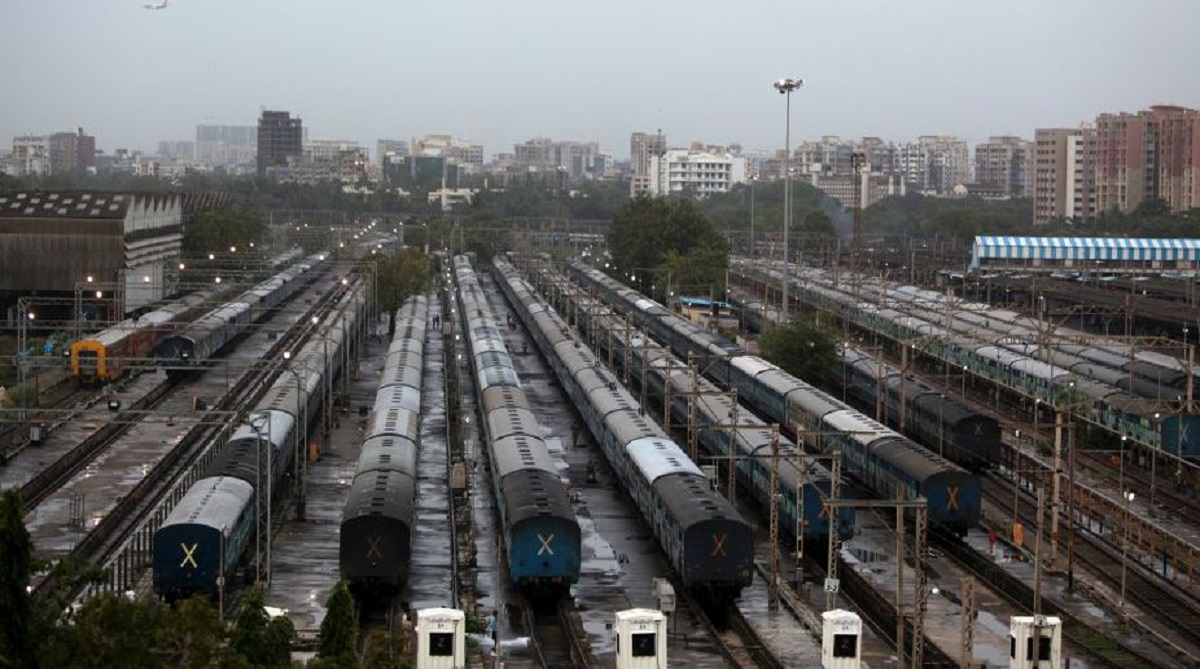The Steel Authority of India (SAIL) currently supplies wheels at an average rate of Rs 1,87,000 per tonne. The company has an existing in-house capacity of 40,000 wheels and RINL has a production capacity of 80,000 wheels. By combining SAIL with RINL (Rail Ispat Nigam Limited), the production capacity of 1,20,000 wheels can be achieved.
However, the RINL has not yet started its regular commercial production.
Three companies, including the state-run SAIL, have made a bid to set up a rail wheel-manufacturing plant. The plant is expected to supply 80,000 wheels of various types annually to the Railways for the next 20 years.
In a statement issued on Wednesday, the Railways said that two other companies that have shown interest in setting up the facility are Bharat Forge of Pune and Ramakrishna Forging of Kolkata.
Indian Railways had floated tenders inviting bids to set up a wheel manufacturing plant with an annual lifting capacity of 80,000 wheels every year for the next 20 years in the country to reduce its dependence on imports.
Describing the exercise as an important Make-in-India initiative, Railways said, ‘The bidding process was very transparent and competitive. The tender was opened on January 24, 2023. In this, Ramakrishna Forging emerged as the lowest bidder, followed by Bharat Forge and Sail.
Currently, SAIL supplies wheels at an average rate of Rs 1,87,000 per tonne. SAIL has an existing in-house capacity of 40,000 wheels and RINL has a production capacity of 80,000 wheels. However, regular commercial production has not yet been started by RINL (Rail Ispat Nigam Limited). By combining these two, the total production capacity is 1,20,000 wheels.
Railways have been importing a variety of rail wheels required for locomotives and coaching stock (LHBs) since the 1960s from Britain, the Czech Republic, Brazil, Romania, Japan, China, Ukraine, and Russia.
This year (2022-23), 80,000 wheels worth about Rs 520 crore were imported from China and Russia, while the remaining 80,000 were taken from the first sale. Due to the ongoing Russia-Ukraine conflict, all the import requirements of wheels are being met from China.
The requirement for wheels is estimated to increase to two lakh lakhs by 2026 due to the induction of more high-speed trains in the railways.












